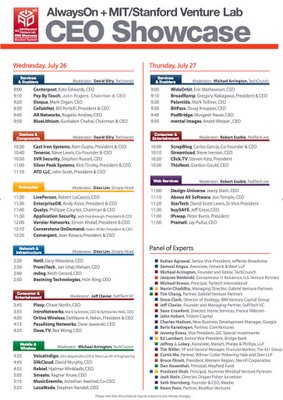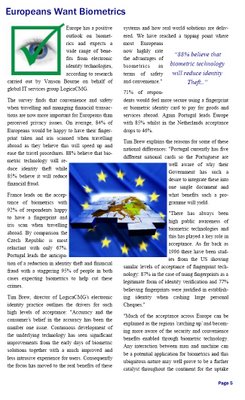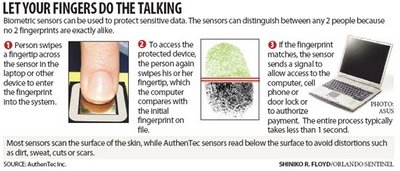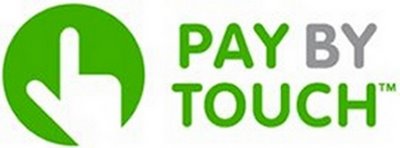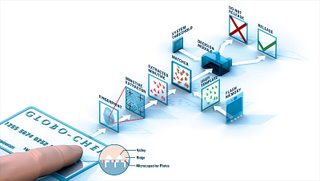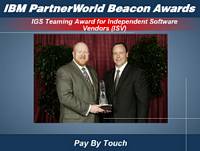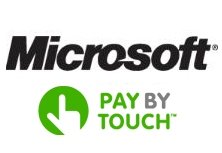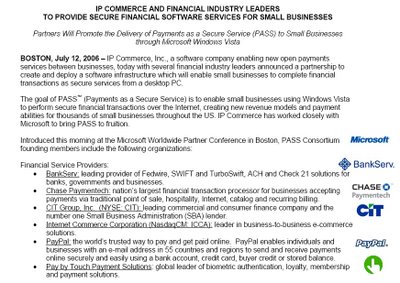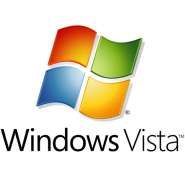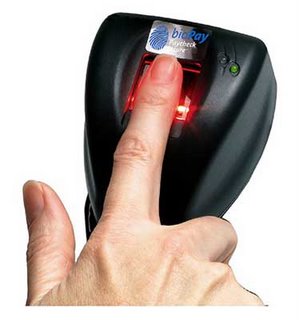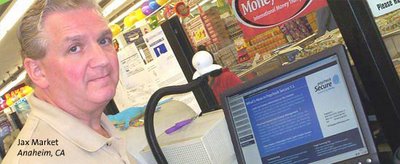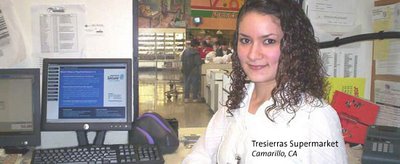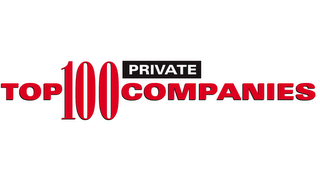
Pay By Touch Added and Named to Annual AlwaysOn AO100 List
Company Joins Google and Salesforce.com With Recognition as a Leader in Innovation, Market Potential and Investor Value
SAN FRANCISCO, July 28 /PRNewswire/ -- Pay By Touch, the global leader of biometric authentication, personalized rewards and payment solutions, was recently named to the AlwaysOn AO100 List as one of the top privately-held companies.
The AO100 List recognizes the 100 most innovative and successful private firms in the United States based on market potential, customer adoption and investor value.
"The AO100 companies are driving the next wave of innovative technologies that are disrupting the old guard and shaping the new media landscape," said Tony Perkins, founder of AlwaysOn. "As ever, we were inundated with nominations from leading companies, and it's heartening to know that tomorrow's thought leaders and technology visionaries are already out there."
Awarded under the "Services & Enablers" category, Pay By Touch was selected among 1,000 peer nominations in the categories of investors, investment bankers and other industry experts.
John Rogers, Pay By Touch's founder, chairman and CEO, was selected by AlwaysOn to join other CEOs from emerging private companies to present their businesses to a panel of industry insiders and a standing-room-only audience at the AlwaysOn Stanford Summit, July 25-27.
The summit was produced in partnership with the Stanford Technology Ventures Program (STVP).
"It's a tremendous honor for Pay By Touch to join the ranks of Google and other groundbreakers who have previously won this award," said Rogers. "Pay By Touch is not only changing the way the world pays, we are ushering in a new era for biometrics that will change everything for consumers and businesses, from healthcare, to banking, to government."
Company Joins Google and Salesforce.com With Recognition as a Leader in Innovation, Market Potential and Investor Value
SAN FRANCISCO, July 28 /PRNewswire/ -- Pay By Touch, the global leader of biometric authentication, personalized rewards and payment solutions, was recently named to the AlwaysOn AO100 List as one of the top privately-held companies.
The AO100 List recognizes the 100 most innovative and successful private firms in the United States based on market potential, customer adoption and investor value.
"The AO100 companies are driving the next wave of innovative technologies that are disrupting the old guard and shaping the new media landscape," said Tony Perkins, founder of AlwaysOn. "As ever, we were inundated with nominations from leading companies, and it's heartening to know that tomorrow's thought leaders and technology visionaries are already out there."
Awarded under the "Services & Enablers" category, Pay By Touch was selected among 1,000 peer nominations in the categories of investors, investment bankers and other industry experts.
John Rogers, Pay By Touch's founder, chairman and CEO, was selected by AlwaysOn to join other CEOs from emerging private companies to present their businesses to a panel of industry insiders and a standing-room-only audience at the AlwaysOn Stanford Summit, July 25-27.
The summit was produced in partnership with the Stanford Technology Ventures Program (STVP).
"It's a tremendous honor for Pay By Touch to join the ranks of Google and other groundbreakers who have previously won this award," said Rogers. "Pay By Touch is not only changing the way the world pays, we are ushering in a new era for biometrics that will change everything for consumers and businesses, from healthcare, to banking, to government."

